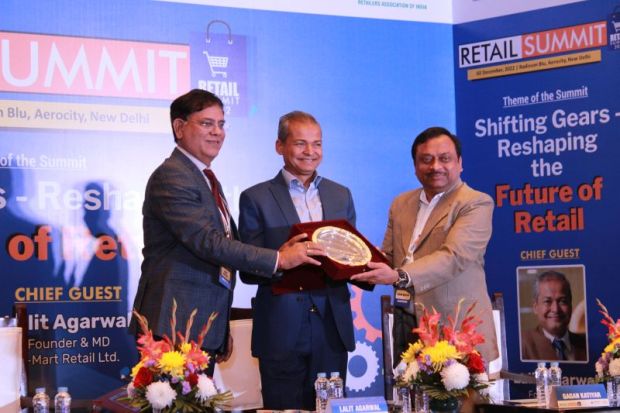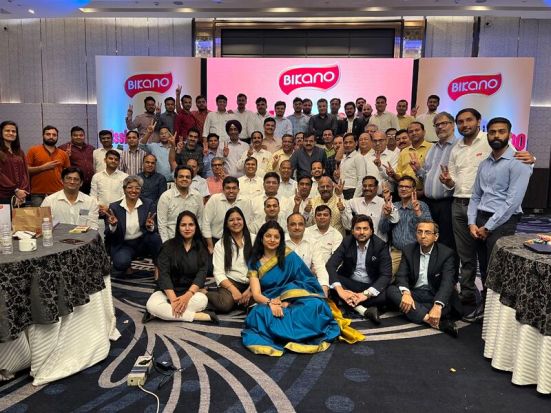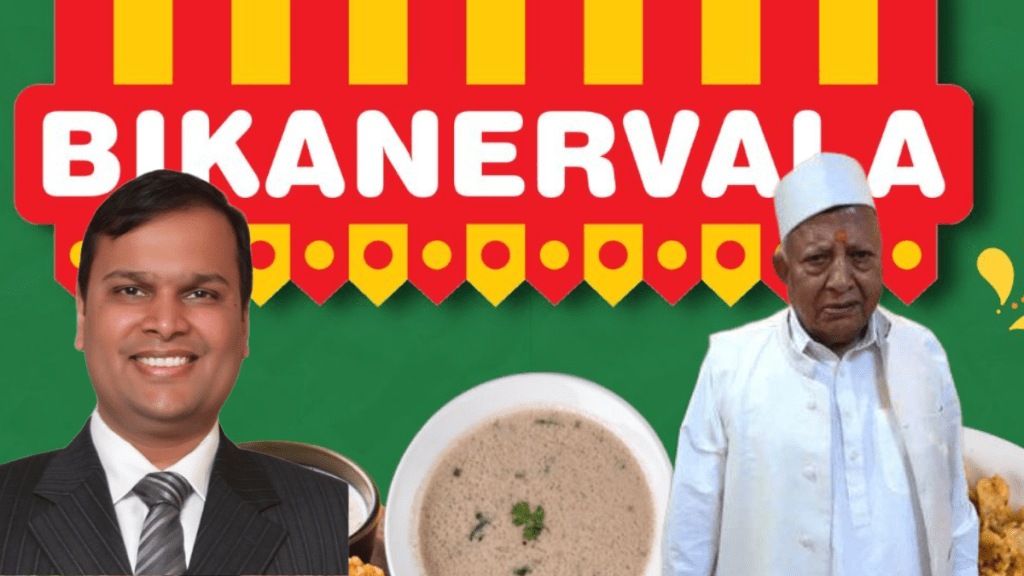In the enchanting city of Bikaner, where the aroma of spices and the sweetness of traditional Indian sweets filled the air, a small and unassuming sweet shop stood on a dusty street corner. It was the year 1905, and the shop, known as Bikaner Namkeen Bhandar, was like a hidden gem tucked away in the heart of Rajasthan. Little did the world know that within those unpretentious walls, a remarkable rags-to-riches tale was about to unfold – a tale that would take this modest shop from obscurity to becoming one of the most celebrated and cherished snack empires in the entire country.
This is the inspiring story of Bikanervala, a fairy tale come true in the streets of Chandni chowk of Delhi.
The humble beginnings
Once upon a time, in the streets of Bikaner, Rajasthan, there stood a small and unassuming sweet shop named Bikaner Namkeen Bhandar as per India Times. The year was 1905, and the shop was owned and managed by a man named Lal Chand Aggarwal and his sons. Little did they know that their humble endeavor would one day blossom into a colossal empire, leaving a lasting mark on India’s culinary landscape.

As the dust settled after India’s partition in 1947, new beginnings emerged for many businesses, including Bikanervala. The sweet and snack company’s legacy traces back to the pre-independence era, when it all began from that tiny store in Bikaner. The shop sold a few sweets and namkeens, finely tuned to satisfy the local palates of Bikaner.
According to India Times, amidst the modest surroundings, Lal Chand Aggarwal’s sons, Satyanarayan Aggarwal and Kedarnath Aggarwal, harbored grand ambitions beyond the borders of their hometown. They envisioned taking their flavors to the wider world, and their journey from rags to riches was about to unfold.
The turning point: moving the business to Delhi
The true turning point for Bikanervala came when two enterprising brothers, Satyanarayan Aggarwal and Kedarnath Aggarwal, decided to take their family’s legacy to new horizons in 1950s. With little more than sheer determination and their treasured family recipes, they left their hometown of Bikaner and set out for Delhi. Initially, they had no shop to call their own and sold their delectable snacks on the streets of Old Delhi.

However, the Aggarwal brothers’ hard work and the unique taste of their offerings soon gained recognition and acceptance among the people of Delhi. Undeterred by the lack of a fixed establishment, they opened a stall named “Bikaner Bhujia Bhandar” in the iconic Paranthe Wali Gali in Delhi’s Chandni Chowk.
Their resilience and dedication finally paid off when they set up a small stall named ‘Bikaner Bhujia Bhandar’ in the iconic ‘Paranthewali Gali’ of Old Delhi. As their delectable snacks gained popularity, the Aggarwal brothers saw their earnings rise, along with the demand for their treats.
The Rise
With increased earnings and demand, the brothers expanded their venture, opening more outlets in Delhi and producing their snacks at a central factory in Lawrence Road. The variety of snacks grew, and they introduced new delights such as Sponge Rasgullas and Barfis, further capturing the hearts and taste buds of their customers.

In the 1970s, Bikaner Bhujia Bhandar transformed into Bikanervala, earning a name given by the people of Delhi. They now offered an extensive range of traditional sweets and namkeens, delighting locals and visitors alike. Their fame soared as they established multiple outlets, including one in the vibrant hub of Karol Bagh.
The Next generation: Shyam Sundar Aggarwal’s vision
In 1968, the third generation of the Aggarwal family stepped into the business. Shyam Sundar Aggarwal, the present Managing Director of Bikanervala Foods Pvt Ltd, joined the family enterprise at the age of 16, fresh out of high school. Learning the art of making sweets from his father, he had a vision to explore more Indian products and capture new markets.
Shyam Sundar Aggarwal recognized the need to adapt to changing times and market demands. In the 1980s, as western fast-food like pizza made its foray into India, he saw an opportunity to explore more Indian products. Bikanervala expanded its presence, setting up outlets across the country.
Partnership with PepsiCo
The turning point came when they struck a deal with PepsiCo’s new brand, “Leher,” to sell Indian Namkeens. With this partnership, Bikanervala soared to new heights. They established a new plant in Faridabad, Haryana, and embraced innovative business strategies.
The birth of Bikano
In the 1980s, as western fast-food chains gained popularity in India, Shyam Sundar Aggarwal saw an opportunity to innovate and expand further. Bikanervala ventured into the restaurant business, opening several outlets across the country. However, the real game-changer came with the inception of a new brand – Bikano.
Under the leadership of Manish Aggarwal, the third-generation entrepreneur who joined the business in 2000, Bikano expanded into new markets and secured export licenses. The foundation laid by the ancestors had now transformed into an empire worth Rs 1,300 crore (US$ 178 Million).
From its humble beginnings as a small shop in Bikaner, Bikanervala has grown into an iconic snacks brand, delighting millions of customers daily. With over 60 outlets in India and a presence in countries like the USA, New Zealand, Singapore, Nepal, and the UAE, Bikanervala’s success story stands as a testament to the power of perseverance, innovation, and passion for preserving Indian culinary traditions.
Today, Bikanervala stands tall as a symbol of success and perseverance. From a small street shop in Bikaner to a global snack and sweets brand, their journey remains an inspiring tale of rags to riches. The sweet and savory delights of Bikanervala continue to bring joy to millions of customers every day, proving that dreams, determination, and the right blend of flavors can indeed turn a fairy tale into reality.







